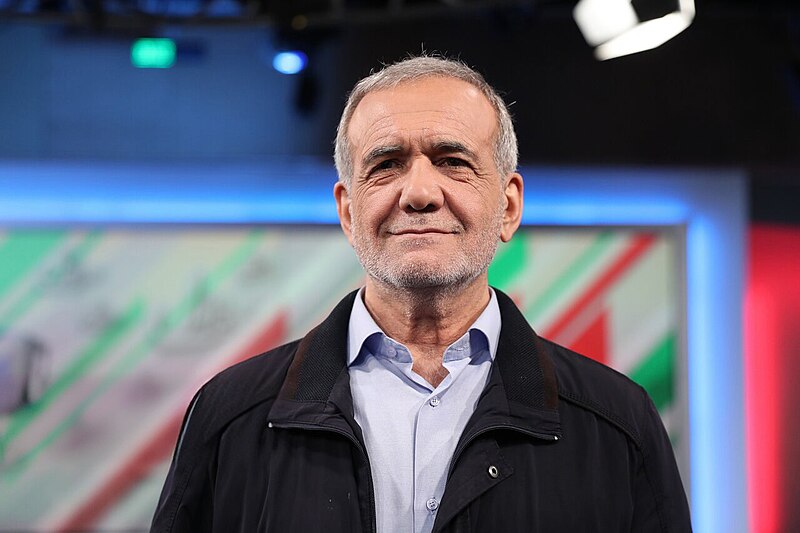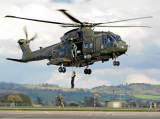
Reformist candidate Masoud Pezeshkian has emerged victorious in Iran’s presidential election, as announced by the country's electoral authority on Saturday.
This election marks a significant shift amid heightened domestic and international tensions.
Pezeshkian secured 53.6% of the votes in Friday’s runoff, surpassing ultraconservative rival Saeed Jalili, who garnered 44.3%, according to state-run Press TV. Voter turnout was reported at 49.8%.
In the first round of voting, Pezeshkian led with the highest number of votes but did not secure an outright majority, prompting a second round. This election recorded the lowest voter turnout for a presidential election since the Islamic Republic was established in 1979.
In his victory speech in Tehran, Pezeshkian expressed gratitude to the Iranian people and pledged to be a “voice of the voiceless,” emphasizing his commitment to serve all Iranians. Speaking at the burial site of Imam Khomeini, the leader of the 1979 Islamic Revolution, he called for unity and collaboration to address the nation's challenges.
The 69-year-old heart surgeon and lawmaker acknowledged the country's pressing issues, advocating for collective efforts to tackle economic, financial, military, and social problems.
Supreme Leader Ayatollah Seyyed Ali Khamenei congratulated Pezeshkian and praised the swift and transparent election process. This snap election was necessitated by the death of President Ebrahim Raisi in a helicopter crash in May.
The Guardian Council, a powerful oversight body, must certify the vote before Pezeshkian can officially take office. His presidency comes at a time of increasing international isolation, internal discontent, and economic turmoil for Iran.
Pezeshkian, the sole reformist candidate allowed to run, has advocated for dialogue with international adversaries, particularly regarding Iran's nuclear program, to address domestic issues. He emphasized the need to resolve global tensions to improve the country's situation.
The leaders of Russia, Saudi Arabia, Pakistan, and Syria were among the first to congratulate Pezeshkian. Saudi Crown Prince Mohammed Bin Salman expressed a desire to develop bilateral relations, while Russian President Vladimir Putin hoped for expanded cooperation for regional security and stability.
While the Iranian president holds certain powers, the ultimate authority rests with the Supreme Leader, who has final say on all state matters.
Masoud Pezeshkian, who previously served as health minister under reformist President Mohammad Khatami, gained prominence for his opposition to the crackdown on the 2009 pro-democracy protests and the 2022 violence following Mahsa Amini’s death in custody. He has positioned himself as a candidate representing all Iranians, committed to addressing the country's challenges inclusively.
Having lost his wife and a child in a 1994 car crash, Pezeshkian has dedicated much of his life to politics, previously running for president in 2013 and 2021 without success. His recent victory marks a significant milestone in his political career. Photo by Mehr News Agency, Wikimedia commons.







































